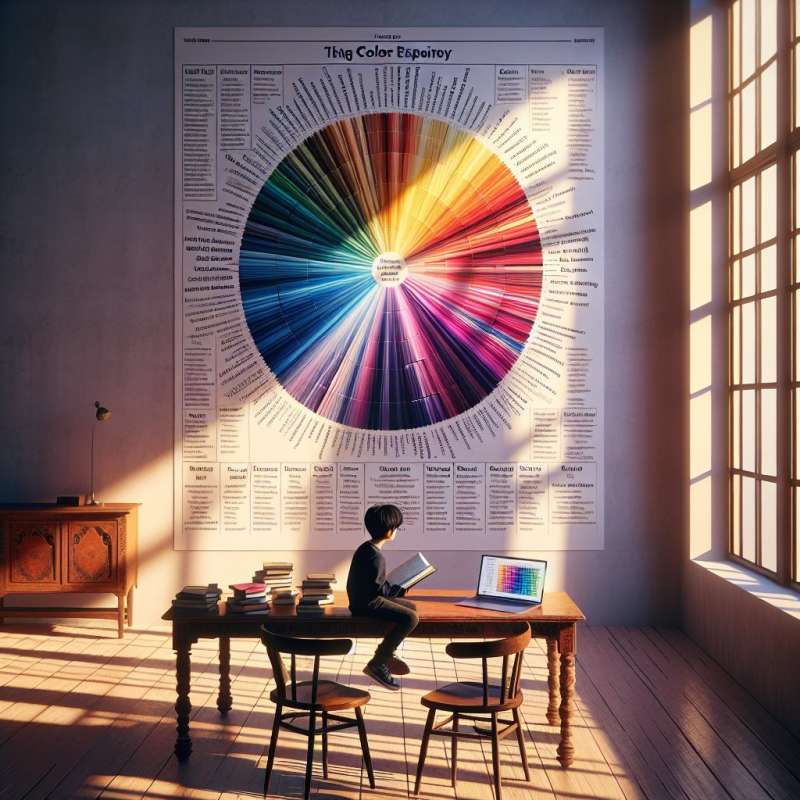
Origins of xkcd
xkcd, a webcomic created by Randall Munroe, started in 2005. Munroe, a former NASA roboticist, combined humor, science, and mathematics. The name 'xkcd' is intentionally meaningless, reflecting the comic's whimsical and boundary-pushing nature.
Innovative Science Communication
xkcd excels in simplifying complex scientific concepts. Munroe's comic 'Up Goer Five' uses only the 1,000 most common English words to explain the Saturn V rocket, highlighting the power of accessible language in science communication.
Influence on Popular Science
xkcd has significantly influenced popular science. Munroe's book, 'What If?', explores hypothetical scientific questions with humor and rigor, making science engaging for a broad audience. The comic has inspired countless readers to pursue STEM fields.
Interactive Comic Innovations
Munroe has created interactive comics like 'Click and Drag' and 'Time'. 'Time' won a Hugo Award for its innovative storytelling, evolving over four months. These comics push the boundaries of traditional webcomics and engage audiences in unique ways.
Educational Resources and Tools
xkcd offers tools like 'xkcd Color Survey', where users named colors, resulting in a comprehensive color name database. Munroe's 'Thing Explainer' uses simple words to explain complex ideas, serving as a valuable educational resource.xkcd Predicts Technology
In 2008, xkcd predicted the rise of smartphones with multi-touch screens, years before their mainstream adoption, showcasing Munroe's uncanny foresight in technology trends.
When did xkcd start?
2005
2010
2000
Company